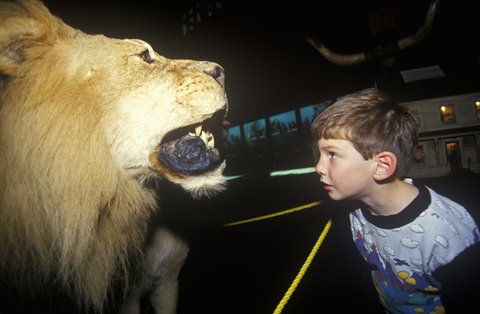The age of trophy hunting African lions for Americans just might be over, at least that is if you plan on bringing any part of the animal back home with you.
The US Fish and Wildlife Service plans to require a special permitting process for the import of African lion parts and the all-out prohibition of importing certain species.
Singled out for complete prohibition are lions in central and western Africa including Benin, Burkina Faso and CAR, where the lions were deemed “endangered.” While the agency is authorized to issue permits for hunting endangered species, it rarely does so.
For those lions hunted in southern and eastern countries such as South Africa, Mozambique, Namibia, Tanzania and Zimbabwe, the agency will require a special import permit beginning Jan 22. Requirement state the applicant must show that the hunt somehow benefits the natural population.
What the permit explicitly excludes are captive-bred lion hunts, which is the way some 90 percent of lion safari hunts take place for American trophy hunters. Another study said American’s account for nearly 65 percent of the roughly 600 African lions killed each year. With just 30,000 lions left, that’s 2 percent of the population.
Along with an export permit known as a CITE form, the new import permit is the first of its kind for importing lions. Anything taken before Jan 22 will still require the CITE form, but not the new import permit. It’s unclear exactly how the agency will rule on certain permit requests, but that it will take subspecies and the health of specific groups into consideration.
African trophy hunting received some especially bad press this year, from photos of a downed giraffe to the Minnesota dentist who killed Cecil the lion. No doubt these high profile stories motivated the federal agency to restrict imports.
Even many hunters have turned against the sport of racking up exotic kills in a foreign land. Last year, a group representing African big game hunters came out against the practice of raising animals for hunting in captive breeding farms.
To read more about the new permit rules click here.
Photo credit: Dreamstime








